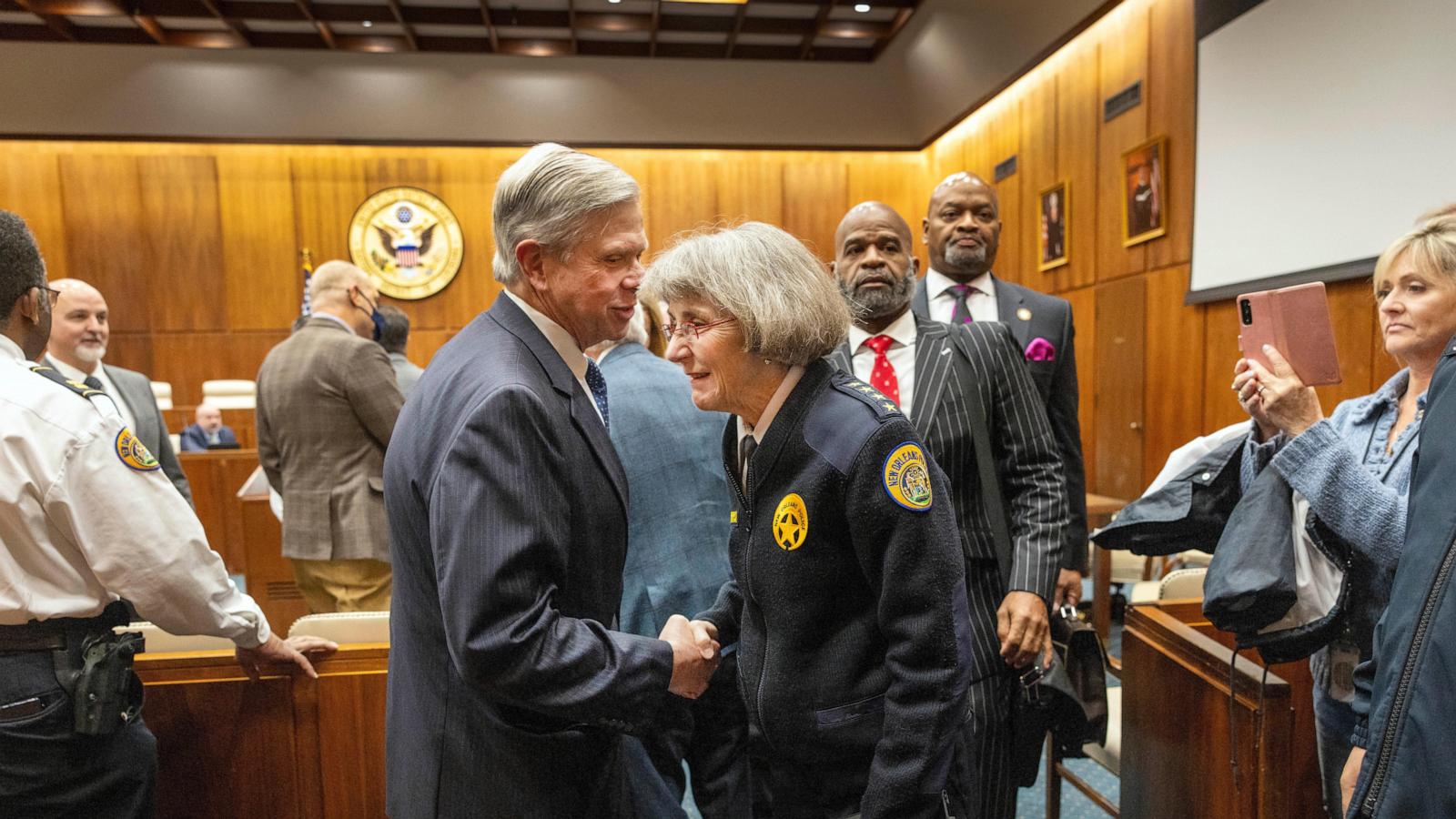New Orleans Police Department to Continue Federal Oversight for Two More Years: A Necessary Step or Political Theatre?
The New Orleans Police Department (NOPD) will remain under federal oversight for another two years. This decision, while lauded by some as a crucial step toward lasting reform, has ignited a firestorm of controversy, pitting city officials against community activists and raising serious questions about accountability and transparency within the NOPD.
A Long Road to Reform
The journey toward comprehensive police reform in New Orleans has been long and arduous. In 2013, following a Justice Department investigation that uncovered evidence of racial bias, misconduct, and a pervasive culture of impunity, the city agreed to implement what was hailed as "the nation's most expansive" federal oversight plan. For years, the NOPD grappled with numerous scandals, including the 1994 murder ordered by a corrupt officer and a cover-up of police killings in the aftermath of Hurricane Katrina.
Progress Made, But Challenges Remain
Significant strides have been made in the years since. The department has implemented reforms such as improved auditing and data analysis, enhanced transparency through the publication of online training materials and policies, strengthened disciplinary processes, and taken action to reduce long-standing issues like payroll fraud. Police Superintendent Anne Kirkpatrick described the improvements as creating a “new culture” in the NOPD, aiming to transition the department into a truly world-class agency.
However, critics and community watchdogs argue that the reforms haven't gone far enough and that public trust hasn't been fully restored. Concerns linger around issues like the disproportionate number of Black people targeted in police uses of force, high sex crime caseloads, and a perceived lack of effective community advisory boards.
Judge Rejects Early Termination of Oversight
Despite Mayor LaToya Cantrell's assertion that the reform goals were achieved years ago and her attempt to prematurely end federal oversight, U.S. District Judge Susie Morgan rejected this move, deeming it unnecessary political gamesmanship. The Mayor's decision to push for an end to oversight without consulting the City Council raised eyebrows. Council President J.P. Morrell and councilmember Helena Moreno described the Mayor's attempt to cut the program short as "dastardly" and "offensive."
Sustainment Period: A Necessary Step for Lasting Reform?
Judge Morgan instead opted to uphold a previously agreed-upon two-year "sustainment period." This allows the NOPD time to resolve the remaining problems and prove that the implemented reforms remain effective. The decision by Judge Morgan is seen by some community activists as crucial to ensure meaningful long-term reform. The ongoing monitoring from the Justice Department ensures the NOPD is held accountable during this sustained period. The support of the federal government will likely result in improvements.
The Path Forward: Continued Accountability and Community Engagement
The upcoming two years will be critical for New Orleans. The sustainment period will allow continued federal monitoring to assess the NOPD's progress on various issues. Addressing remaining concerns such as high sex crime caseloads, community advisory boards and the disproportionate use of force against Black citizens will require concerted effort. As community engagement increases, ongoing progress should build greater community trust.
Data-Driven Policing and Bias Mitigation
The NOPD's plan to hire Sigma Squared, a consulting firm co-founded by Harvard economist Roland Fryer, to analyze potential bias in policing, has been cited as evidence of commitment to going above and beyond federal requirements. Fryer's company boasts of having unique software to distinguish disparity from bias.
Take Away Points
- The New Orleans Police Department will remain under federal oversight for two additional years.
- The decision was made to ensure lasting reform and address remaining concerns.
- Ongoing monitoring, data-driven improvements, and community engagement will play critical roles.
- Community support remains mixed regarding the efficacy of reforms, necessitating transparency and responsiveness from NOPD.




